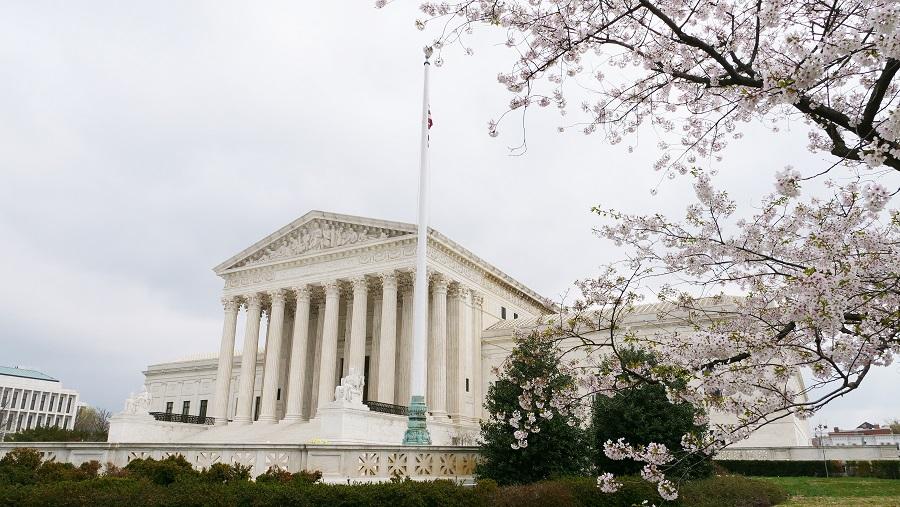An oil refining company has to cover cleanup costs that the owner of a vessel it was using incurred for a 2004 oil spill in the Delaware River, the Supreme Court found March 30.
The ruling in the case, cited as CITGO Asphalt Refining Co. (CARCO) v. Frescati Shipping Co. Ltd., clarifies liability for spills and other maritime accidents in the future, clearing up a disagreement over contract boilerplate.





